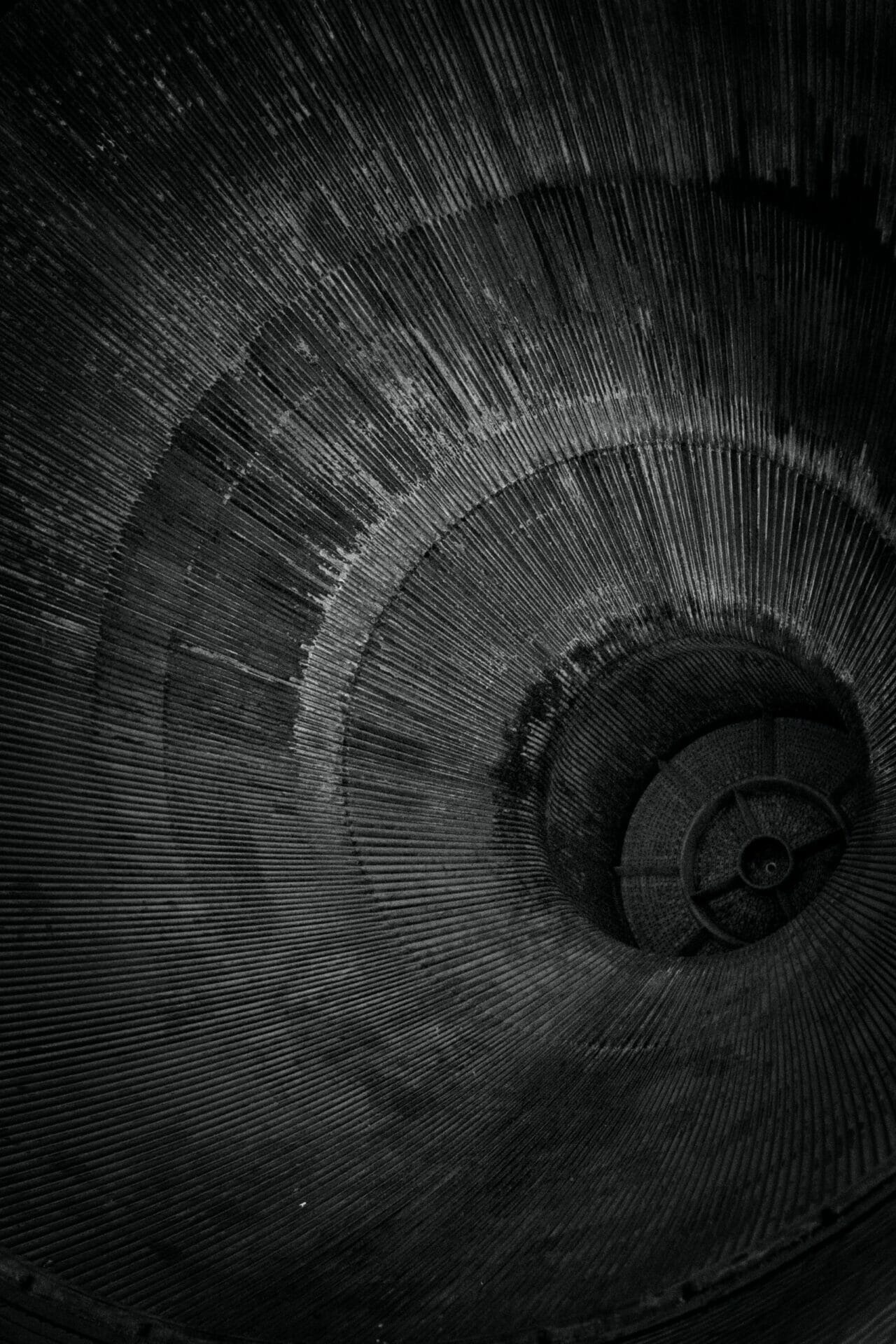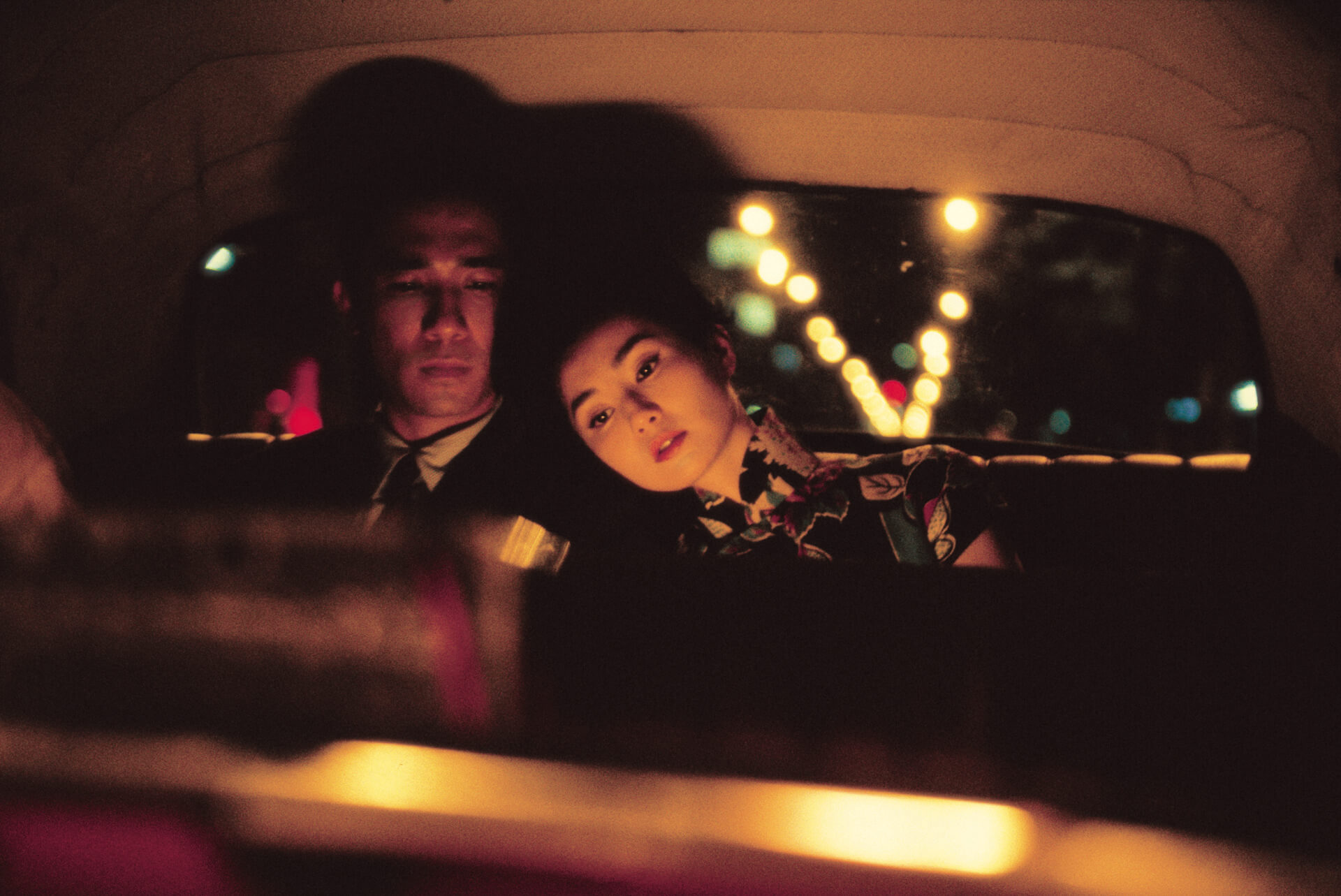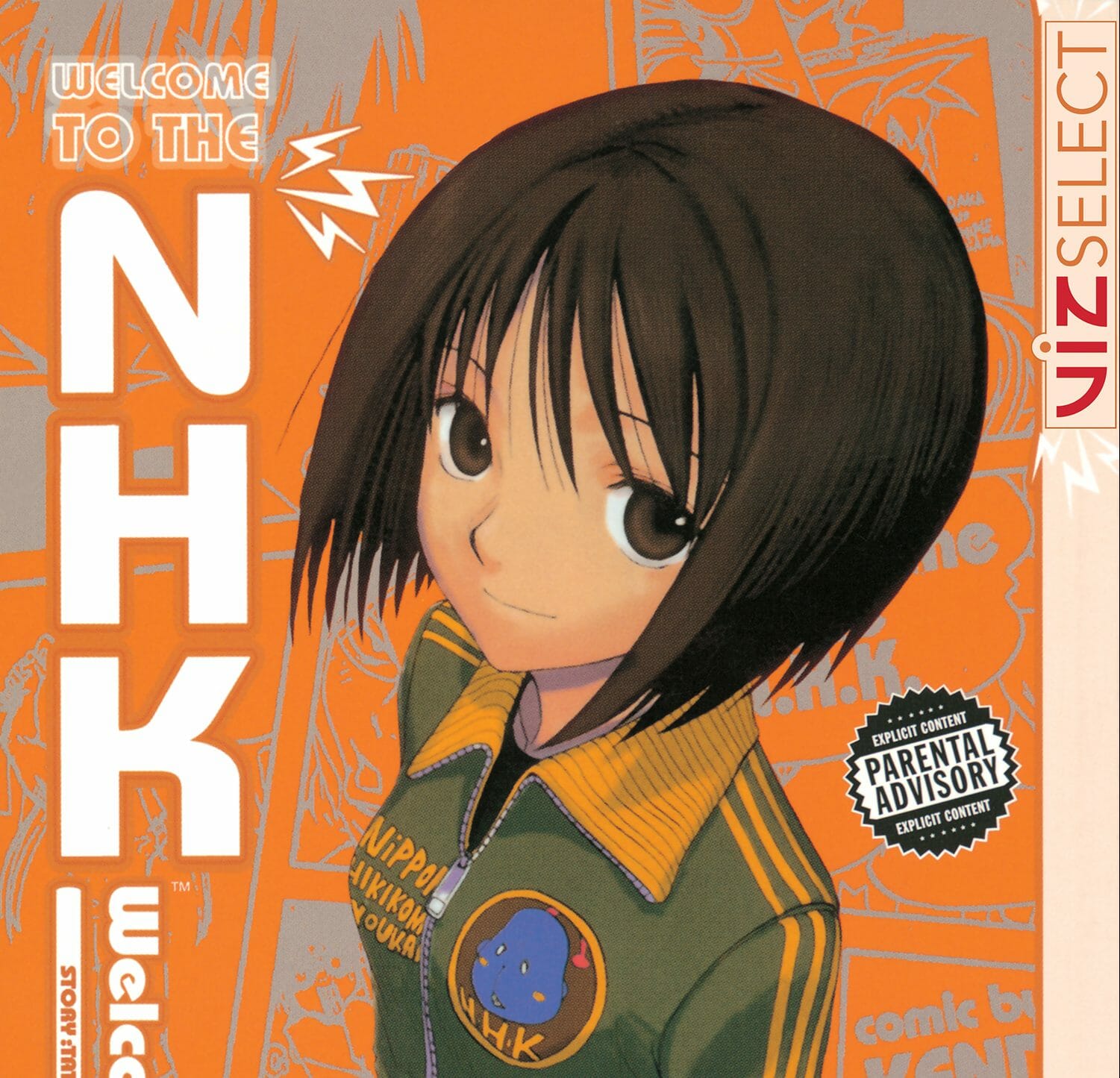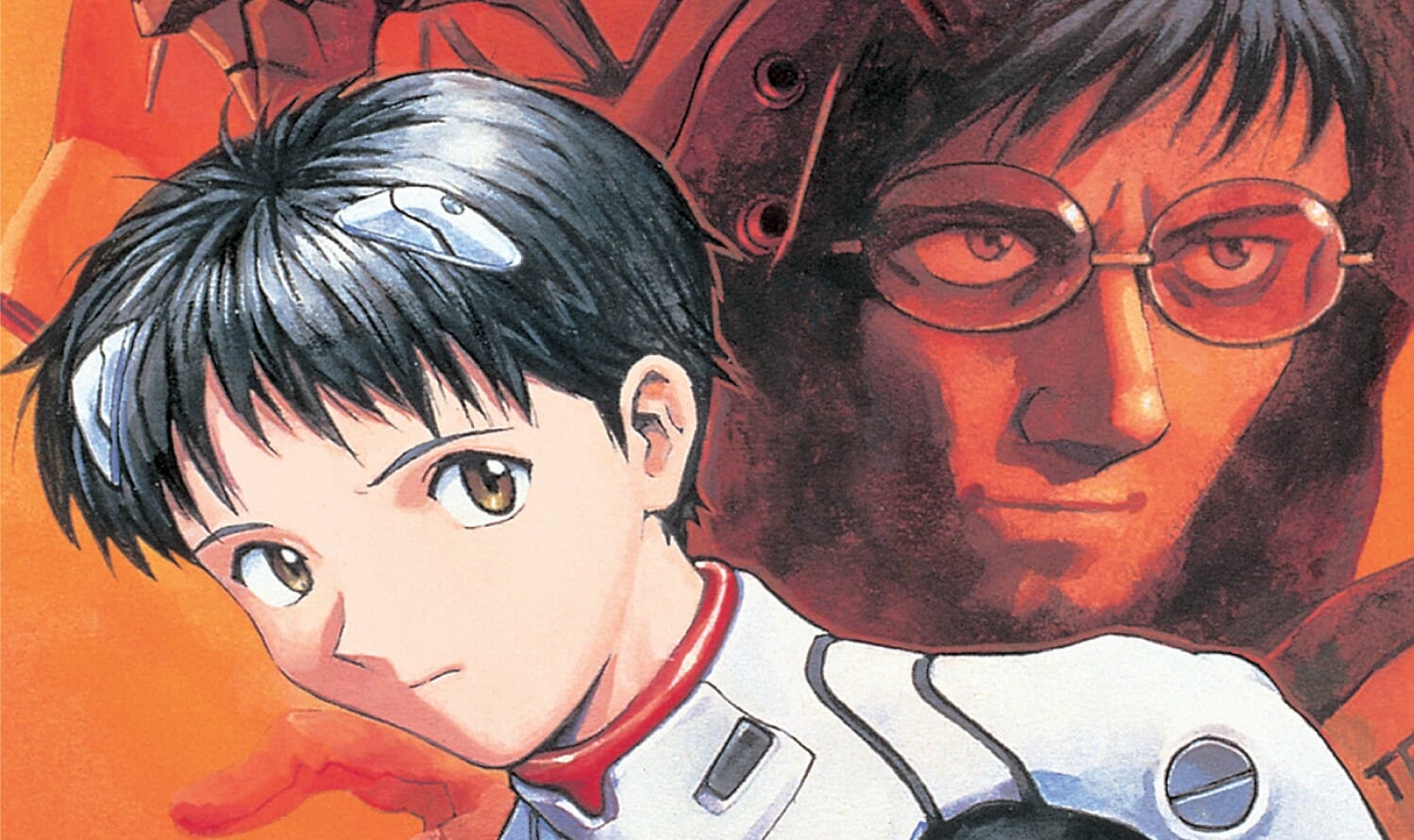
The Neon Genesis Evangelion manga is an oedipal take on mecha
Author
Year
Length
By
Yoshiyuki Sadamoto‘s manga adaptation of Neon Genesis Evangelion shares the plot of the renowned anime directed by Hideaki Anno. Sadamoto, also a character designer of the anime, once told Animerica interviewers in 1998 that he drew Evangelion “as the world seen through Shinji’s eyes.” The series deconstructs the mecha genre, drawing inspiration from mature mecha anime like Ultraman and Aura Battler Dumbine. Even so, it retains some standard features like the battles against giant and threatening enemies, a recurring constant in Japanese manga and anime, as we can see from the recent Attack on Titan.
The fight against the Angels
In 2015, fifteen years after a cataclysm known as the Second Impact, the introverted and fearful fourteen-year-old Shinji Ikari finds himself in the city of Neo Tokyo 3, summoned by his father, the grim Gendo Ikari. As the head of the paramilitary force NERV, he requires his son to pilot the Evangelion Unit-01, one of a series of giant robots designed to fight the Angels: huge, frightening, and strangely-shaped beings threatening to destroy mankind. In this way, the anti-hero Shinji has to reluctantly face the menace.
Even if the setting and the beginning are alike, only the first half of the Neon Genesis Evangelion manga follows closely from the anime series. Later on, Sadamoto took some liberties. For instance, the Angels are 13 instead of 17. Asuka Langley Soryu, the second “Children” (the chosen Eva pilots) is a test-tube baby. Above all, the hopeful ending differs totally from the gloomy, open one of the End of Evangelion movie.
No adults here in Japan
During an interview for Atlantic Magazine in 2007, Hideaki Anno stated:
Japan lost the war to the Americans. Since that time, the education we received is not one that creates adults. Even for us, people in their 40s, and for the generation older than me, in their 50s and 60s, there’s no reasonable model of what an adult should be like. I don’t see any adults here in Japan.
Gendo is the perfect example of a person who does not act like an adult. He is selfish and careless about others, taking advantage of NERV for personal purposes. Moreover, unlike his wife Yui Ikari who sacrificed herself for her son, he is incapable of showing love to Shinji.
Shinji, on the other hand, is afraid of becoming an adult because he has no parental role model to look up to. Sadamoto focuses particularly on the relationship between these two characters.
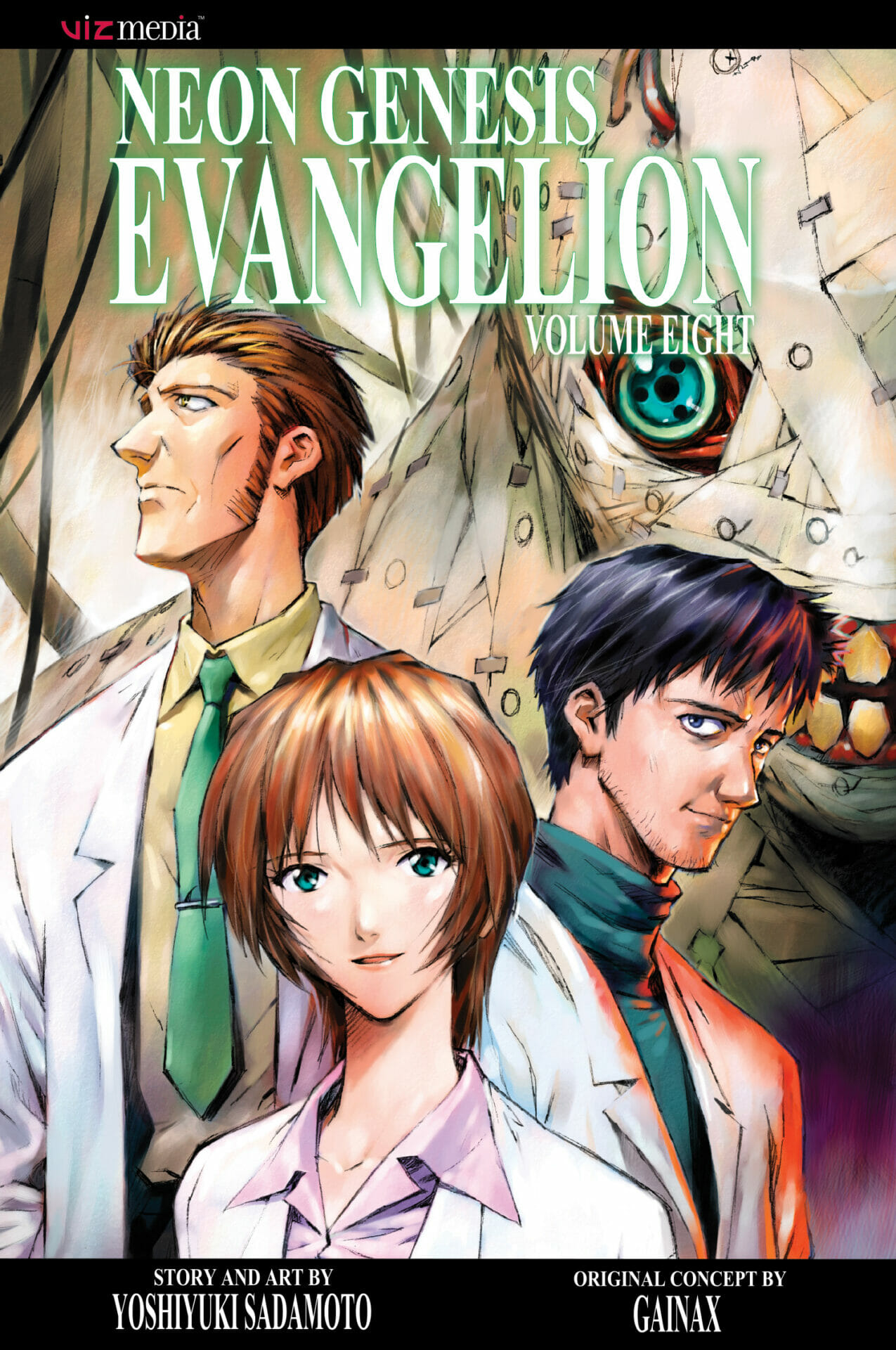
Shinji, Gendo and the Oedipal complex
Gendo, Yui, and Shinji can be described in the terms of the Oedipus Complex examined by Sigmund Freud. Shinji craves his father’s approval but also hates him. On the other hand, he is very close to his dead mother: Yui’s soul inhabits Eva-01 and protects Shinji from danger. Furthermore, Shinji develops a close relationship with erotic nuances with his fellow classmate and Eva pilot Rei Ayanami, who is actually his mother’s clone. In the final chapters, Ayanami fuses with Lilith, the progenitor of human beings, and has a symbolical fling with Shinji.
On the other hand, Gendo tells Shinji that he cannot love him because he feels as though they are competing for Yui’s affection, even after her death. So he constantly pushes him away, using him as a tool for his goals. He is much more fond of Rei, Yui’s clone.
The Hedgehog’s Dilemma in anime and manga
Furthermore, he is a solitary person who believes human beings cannot really understand each other. He fully represents “the Hedgehog’s Dilemma,” a psychological syndrome mentioned in the series. It is a reference to a parable contained in a series of philosophical reflections by the German philosopher Arthur Schopenhauer. This work was published in 1851 and was entitled Parerga und Paralipomena, which comes from the Greek for ‘Appendices and Omissions.’
In it, Schopenhauer describes the dilemma of a group of hedgehogs in winter, who want to keep warm by being close, but to do so, simultaneously end up hurting one another with their spikes. So they negotiate the optimal distance whereby they can keep warm, while also not causing pain to the other hedgehogs. The parable stands as a metaphor for the negotiation of effective and workable social and emotional boundaries between human beings. It’s a recurrent theme in anime and manga.
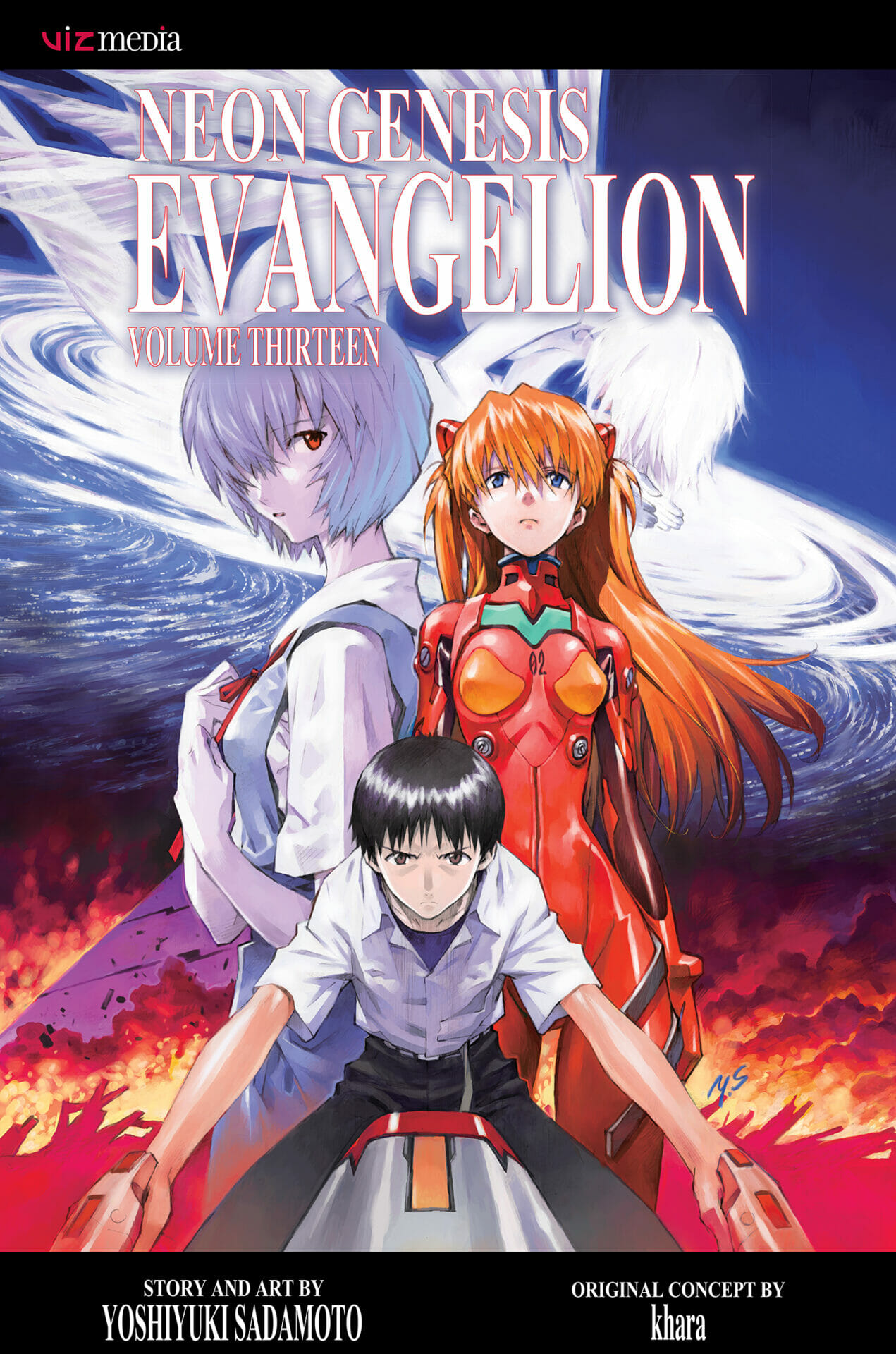
Neon Genesis Evangelion: a manga about becoming an adult
It happened that [Yui] was replaced by a robot, so the original mother is the robot, but Shinji finds also a mother of his same age – Rei Ayanami – next to him. [Rei stays] also by the side of the real father [Gendo]. There is another father too, Adam, who controls the overall course of events. An Oedipus complex within these multiple structures: that’s what I wanted to do.
Hideaki Anno
This is the way Anno describes the fundamental relationships in Evangelion. Thus the Oedipal complex can be also an interpretation of the whole world-building and plot. Adam is a father figure and progenitor to all Angels, the mortal enemies that humanity seeks to destroy. Lilith is instead the mother figure, whose soul is now carried by Rei. Gendo eventually kills this metaphorical father, absorbing Adam’s embryo form: in the manga, he does so by eating it. In the end, he tries to merge with Rei/Lilith but without success. His plan to become a God and destroy humanity fails. However, Yui’s soul grants him redemption by reminding him of when he felt love for the newborn Shinji.
In the end, the manga also deals with entering adulthood. Shinji makes the final step to becoming an adult, breaking his toxic dependency on his parents: he chooses to stop the Human Instrumentality Project, which aimed to fuse all souls in the world and restore people’s individuality. By doing so, he goes against Gendo’s will and bets on humanity, as his mother did before him.
I have to find out some things, like for what purpose do I have these hands, or what is the reason for my existence.
Shinji Ikari
Tag
Buy a ☕ for Hypercritic







